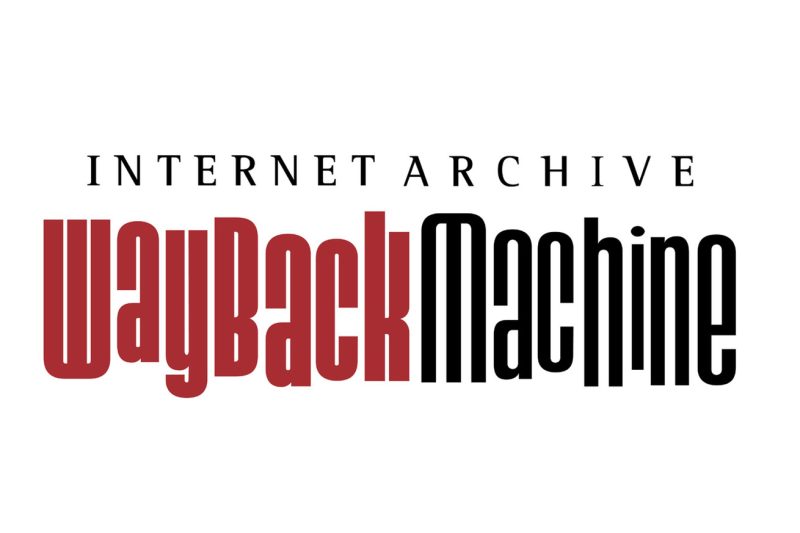The recent cyberattacks perpetrated against the Internet Archive have brought forward significant challenges that ultimately led to the service transitioning into a read-only mode. This development has prompted concerns regarding the security and resilience of digital archives amidst the ever-evolving landscape of cyber threats.
The Internet Archive serves as a critical repository of knowledge and information, providing access to millions of archived web pages, books, videos, and other digital content. Its mission to preserve human knowledge and cultural heritage for future generations is of utmost importance in a digitally-driven world where information can easily vanish or be manipulated. However, the recent cyberattacks have underscored the vulnerabilities that digital archives face in the digital age.
The shift to a read-only service is a temporary measure aimed at protecting the integrity of the Archive’s data and preventing further unauthorized access. This decision highlights the importance of implementing robust cybersecurity measures to safeguard digital archives from malicious actors seeking to disrupt or manipulate historical records and information.
One of the key challenges faced by digital archives like the Internet Archive is the constant threat of cyberattacks. As technological advancements continue to transform the digital landscape, cybercriminals are developing increasingly sophisticated tactics to breach security systems and access sensitive data. In this context, digital archives must remain vigilant and proactive in defending against cyber threats to ensure the preservation and integrity of the information they house.
The cyberattacks against the Internet Archive also raise questions about the broader implications for digital preservation and access to information. As more archives and repositories migrate to digital platforms, ensuring the security and resilience of these digital collections becomes paramount. The ability to access and preserve valuable historical and cultural materials depends on the ability to withstand cyber threats and prevent unauthorized tampering.
In response to the cyberattacks, the Internet Archive is working diligently to enhance its cybersecurity measures and restore full access to its services. By fortifying its defenses and implementing additional security protocols, the Archive aims to mitigate the risks posed by future cyber threats and ensure the continued availability of its invaluable resources to the public.
In conclusion, the recent cyberattacks against the Internet Archive highlight the critical importance of cybersecurity in safeguarding digital archives and preserving our collective knowledge and cultural heritage. As digital repositories continue to play a vital role in archiving and disseminating information, it is essential to prioritize cybersecurity measures to protect these valuable resources from malicious attacks and ensure their long-term accessibility for future generations.


























